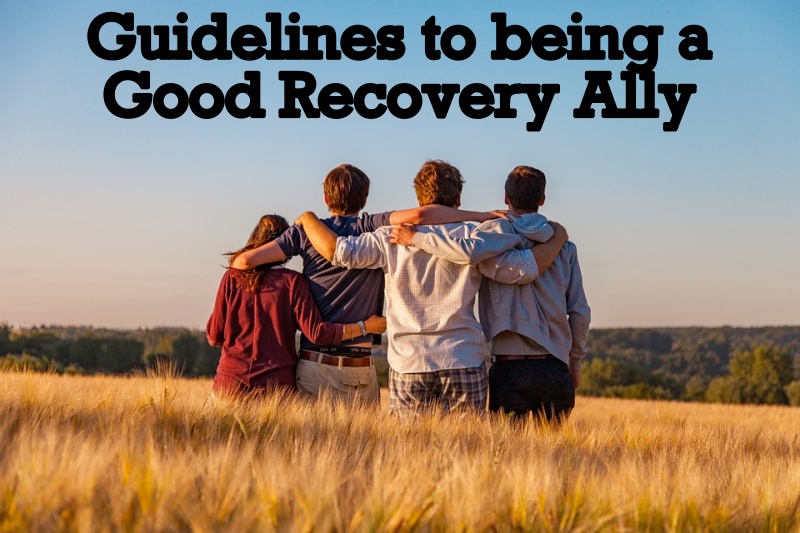Guidelines to being an Ally to Loved Ones in Recovery
Support and love in addiction recovery makes all the difference in the world for those fighting to stay sober. The chances for long term success are exponentially greater when someone in recovery is surrounded by kind, caring and supportive friends and family. But being a recovery ally doesn’t always come naturally to everyone. For those who have not experienced or been surrounded by addiction, it can be hard to know the right way to provide support. While there is no cut and dry way to be an ally to someone who has overcome or is still in the process of overcoming addiction, Silver Linings Recovery Center shares some helpful tips and guidelines.
5 Ways to be a Good Recovery Ally to Friends & Loved Ones
- Make a true effort to understand what your loved one is going through.
If you’ve never experienced or been surrounded by addictive behavior it can be difficult to understand the magnitude of what your loved one is going through. However, you can still make the effort to understand to your best ability. A few ways to do this include: Asking your loved one questions about their recovery; Researching how addiction can affect a person; Educating yourself about addiction and recovery.
- Ask what they need from you as an ally.
The best way to be supportive is to simply ask what your loved one needs from you in their recovery. Some people like to be checked in on daily, while others may find that overbearing. Further, you can offer to attend a 12-step meeting with them, let them know you’re one phone call away or offer helpful resource materials. - Do not enable addictive behaviors.
Even if your loved one is in recovery, addictive behaviors can still come through. If you notice your loved one is acting like they did in their addiction, you must call them out on it immediately. Certain behaviors can lead to relapse and must be stopped right away. - Support & encourage new passions & hobbies.
If their new hobbies and passions are helpful in overcoming addiction, you should support them 100%. Take part in these activities with them, whether it’s cooking, hiking or trying a new exercise class to make it clear you support their new interests. - Express yourself honestly.
Open dialogue is very important in recovery. It is vital for your loved one in recovery to understand where you are coming from too. This ensures you’re on the same page and expectations (on both sides) are clear.
Silver Linings Recovery Center is the leading treatment center for drug and alcohol addiction in the Philadelphia tri-state area, offering two locations in Bucks County, PA and Mercer County, NJ. Get Help Now: 855-960-3769.
